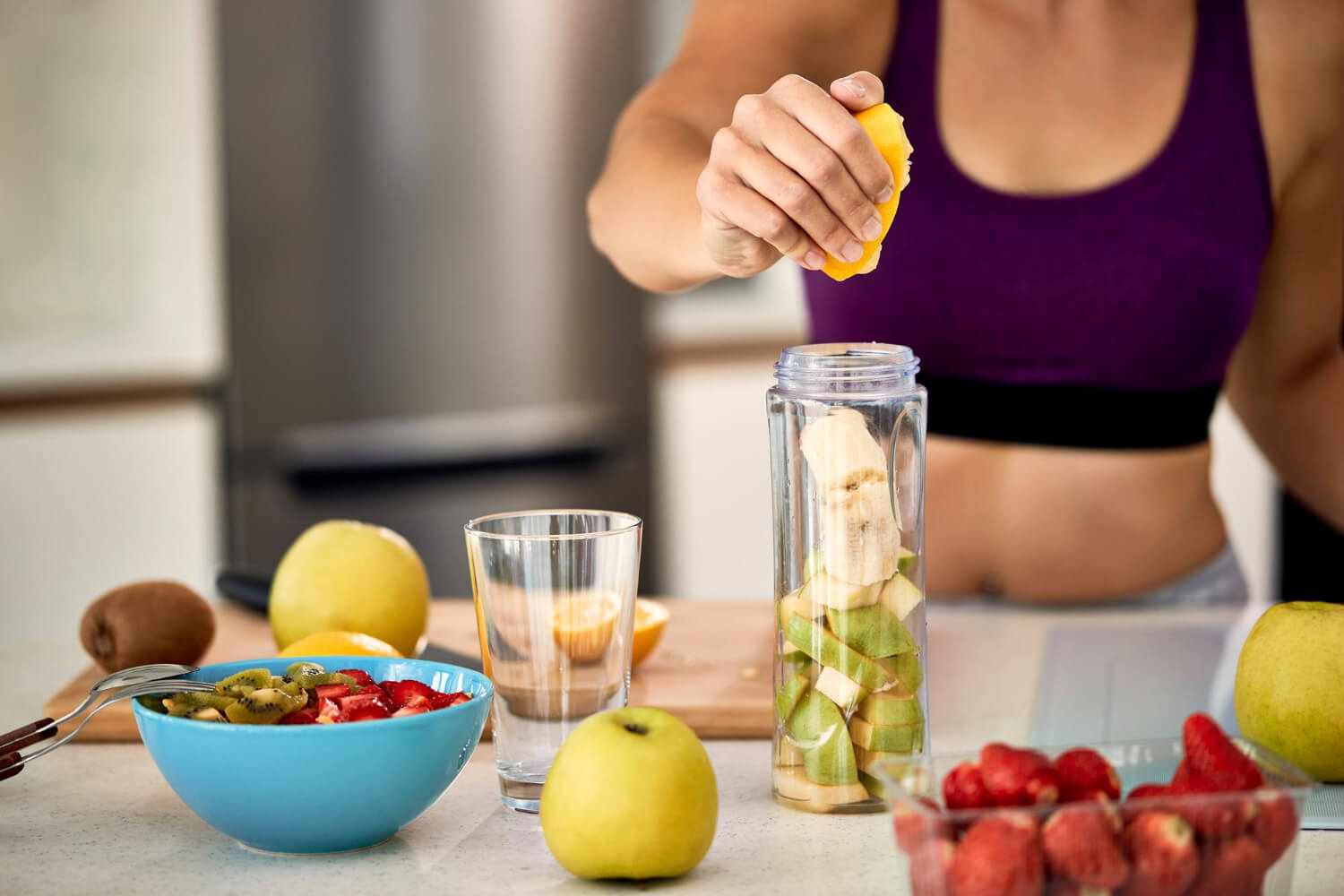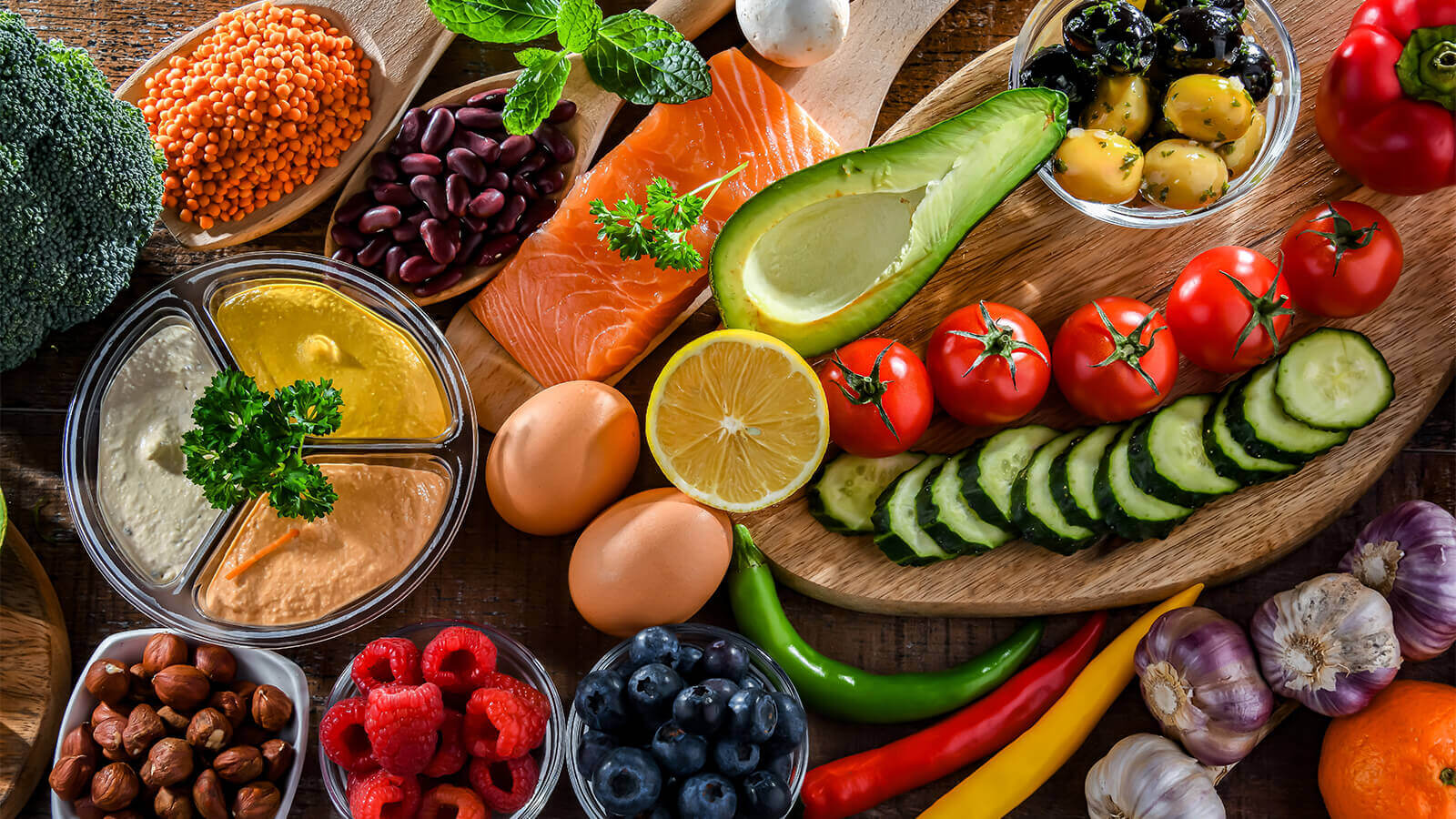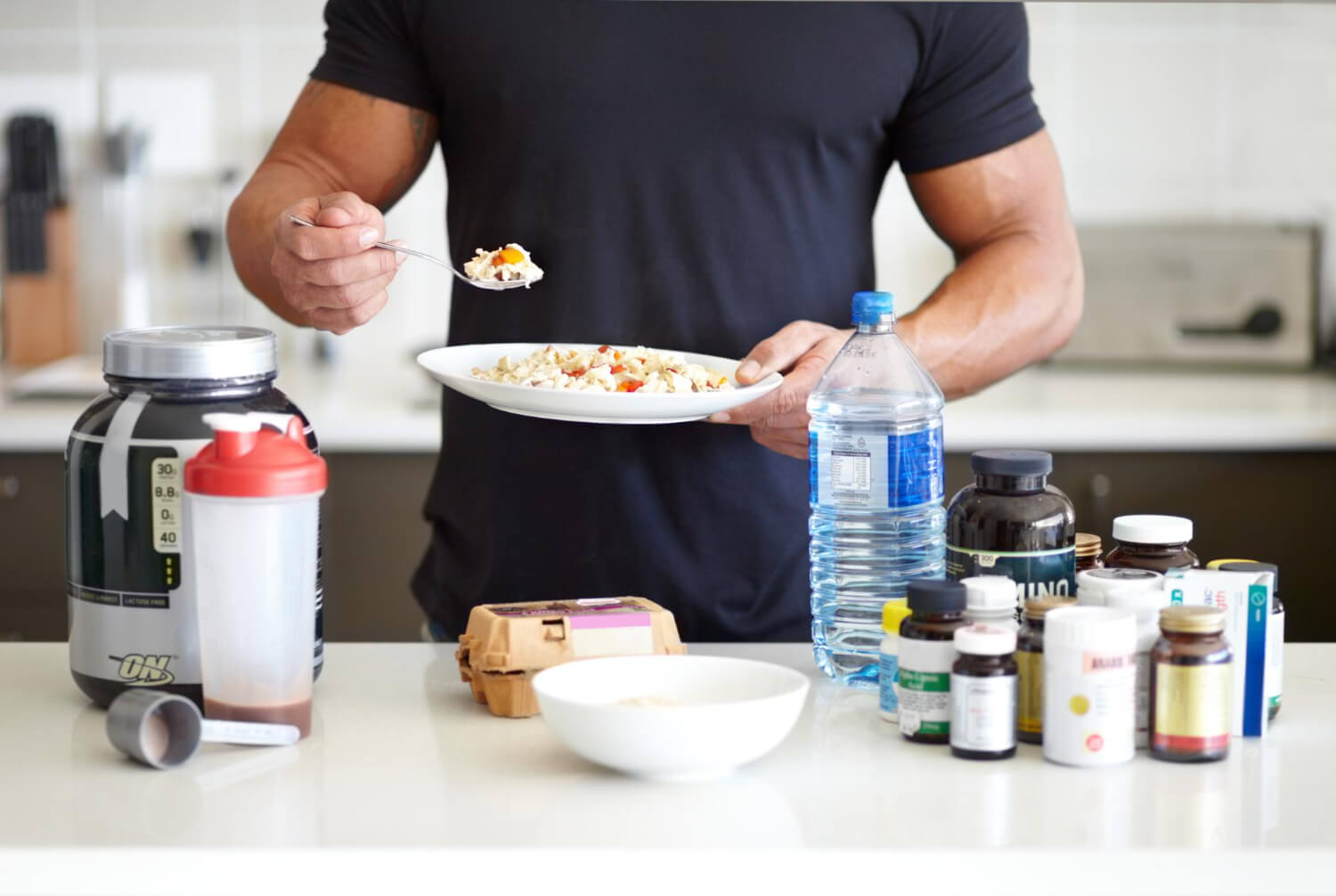Proper nutrition is your secret weapon whether you’re aiming for your next personal best, training for a competition, or staying strong during the off-season. The food you choose fuels your workouts aids recovery and supports your overall performance. While training routines may vary, one constant remains: without the right nutrition, you’re holding yourself back. Here are five key tips to help you unlock your potential and reach your athletic goals.
Prioritize Balanced Meals and Macronutrients
Think of your plate like your training program – every component matters. Ensuring you get the right balance of macronutrients (carbohydrates, proteins, and fats) is crucial for athletes.
Carbohydrates are your body’s primary energy source. Before training or competition, focus on complex carbs like whole grains, sweet potatoes, and brown rice for sustained energy. Think of it as your fuel tank; without enough gas, you’ll sputter out mid-workout.
Protein builds and repairs muscles. Incorporate lean sources such as chicken, fish, eggs, or plant-based options like lentils and tofu. Many athletes aim to consume 1.2 to 2 grams of protein per kilogram of their body weight daily, depending on training intensity.
Healthy fats, like those from nuts, seeds, avocado, and olive oil, support hormonal balance and energy needs. They’re also a great source of long-lasting energy for endurance athletes.
For an easy example, consider this balanced meal idea: grilled chicken, quinoa, roasted veggies, and a drizzle of olive oil. It’s simple, nutrient-packed, and keeps you ready to perform.
Stay Hydrated Like a Pro
Hydration is more than just sipping water on a hot day. Even slight dehydration can reduce endurance, strength, and focus. Yet, many athletes underestimate just how critical it is to stay well-hydrated.
Start your day with a glass of water and keep sipping consistently throughout the day. Aim to drink small amounts during training or competition every 15-20 minutes. Consider a sports drink with electrolytes to replace sodium, potassium, and other minerals lost through sweat for intense sessions lasting more than an hour.
Here’s a quick hydration check: monitor your urine color. Pale yellow means you’re doing well, while dark yellow signals dehydration. And remember, water-rich foods like cucumbers, oranges, and watermelon can also contribute to your daily hydration.
Time Your Meals and Snacks Strategically
For athletes, when you eat is just as important as what you eat. Proper meal timing can enhance performance, prevent fatigue, and speed recovery.
Pre-Workout Nutrition: Eat a meal rich in carbs and moderate protein about 2-3 hours before exercise. If you’re short on time, a light snack like a banana with peanut butter 30-60 minutes before training can give you a quick energy boost.

During Exercise: For workouts or events lasting longer than 90 minutes, consider small carb-focused snacks such as energy gels or a sports drink.
Post-Workout Recovery: This is your golden window. Within 30-60 minutes after exercise, consume protein and carbs to replenish glycogen stores and support muscle repair. A great recovery snack idea is a smoothie with Greek yogurt, berries, and spinach.
Regularly timing your meals and snacks ensures your body is consistently fueled and ready to perform.
Don’t Skip Micronutrients
While macronutrients often get the spotlight, micronutrients play a supporting role that’s just as critical. These vitamins and minerals keep your body functioning optimally, boosting immunity, reducing inflammation, and maintaining strong bones and muscles.
Key micronutrients for athletes include:
- Iron: Essential for carrying oxygen to your muscles. It’s found in lean meats, spinach, and legumes.
- Calcium and Vitamin D: These support bone health and muscle function. You can get these from dairy products, fortified plant milks, and sunlight exposure.
- Magnesium: It aids in muscle recovery and is found in nuts, seeds, and dark leafy greens.
By eating various colorful fruits and vegetables daily, you’ll naturally pack your diet with these nutrients. A good rule of thumb? Aim for at least five different colors on your plate each day.
Make a Rest and Recovery Part of Your Nutrition Plan
Athletes often push through tough workouts without giving enough thought to recovery. But that’s where growth and gains happen – both in strength and endurance. Nutrition is a key part of this process.

Beyond the post-workout meal, we mentioned earlier, here are a few ways to enhance recovery:
- Protein Before Sleep: A slow-digesting protein, like casein (found in cottage cheese or casein protein powder), before bed, can support overnight muscle repair.
- Anti-Inflammatory Foods: Incorporate foods like tart cherries, turmeric, and fatty fish to combat exercise-induced inflammation.
- Enough Calories and Rest: Even when you’re not training, fueling properly is essential for muscle recovery. And don’t underestimate the power of sleep. During deep sleep, your body ramps up its repair processes, so aim for 7-9 hours per night.
Listening to your body is critical here. If you’re constantly fatigued or sore, you may need to adjust your intake or take a rest day to prevent overtraining.

